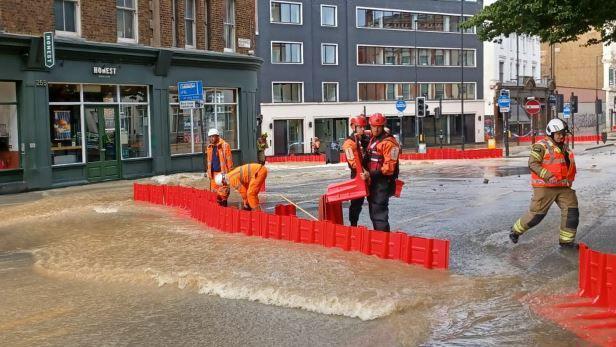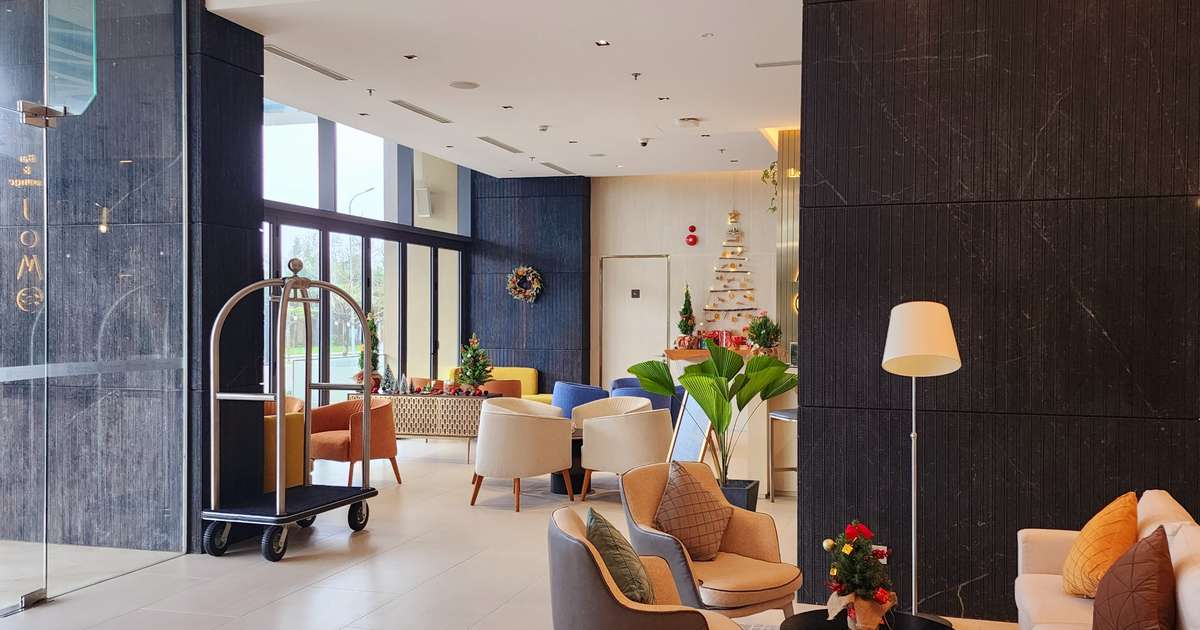
-

Adelaide Marriott Hotel introduces AI-driven event technology – Image Credit Marriott International Visit
The hotel sector is witnessing a surge of confidence, driven by the resurgence of corporate events. A survey by JLL reveals that more than 80% of hotel operators in the Asia Pacific region predict an uptick in revenue from meetings, incentives, conferences, and exhibitions (MICE) by 2025. Furthermore, over half of the meeting planners in the area anticipate producing more meetings this year, as per data from Cvent, a leading event software provider.
Despite lingering macroeconomic and geopolitical uncertainties, the MICE industry is demonstrating promising signs of returning to pre-pandemic norms. The sector’s recovery is particularly evident in countries that have experienced strong post-pandemic economic recoveries. The renewed optimism in the industry aligns with the robust growth of international and domestic tourism arrivals in key regions such as South Asia, Maldives, Southeast Asia, and North Asia.
In response to the evolving profile of travelers and diversifying travel styles, hotels are implementing changes. For instance, the concept of ‘bleisure’ travel is gaining traction, wherein business travelers extend their trips for leisure activities. To accommodate this trend and cater to a broader spectrum of events, hotels are adopting flexible event spaces, easily divided into smaller, more intimate areas, attracting a wider range of events.
Furthermore, hotels are increasingly leveraging technology to enhance customer experiences and address operational challenges. Notably, holographic projections are being used to seamlessly integrate in-person and virtual attendees. A good example of this is the Marriott Hotel in Adelaide, which has introduced AI-driven technologies, including real-time translations and tracking cameras, to improve audience engagement.
Technological solutions are also crucial in navigating operational issues that affect profitability, especially in labor-intensive areas such as the front office and food and beverage service. For instance, Millennium Hotels and Resorts in Singapore has introduced an AI-powered voice assistant, integrating cloud-based phone systems, task management, in-room dining, and smart room controls to streamline operations.
The resurgence of corporate events provides a much-needed impetus to the hotel industry’s recovery. This trend, combined with the industry’s adaptability in implementing technological innovations and flexible event spaces, fosters a positive outlook for the sector’s future.


